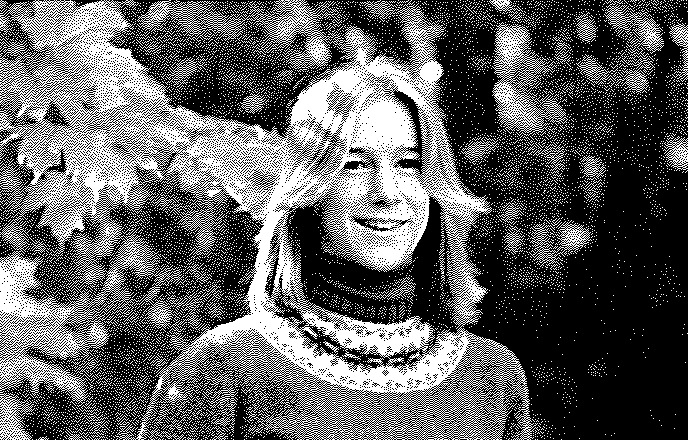By: Bryan Geary
Tracey Dorr ’80 had a feeling about Tilton from the moment her mother parked the car on School Street. “I told my mom, ‘I am going to school here,’” she recalls. “My mom, being practical, said, ‘you don’t know that.’ But I knew. I knew Tilton was the place for me.”
Finding that sense of belonging had a huge impact on her education. Dorr was born with significant hearing loss and contended with the associated challenges throughout her childhood. “As a child in my tiny little world, I felt I carried the burden of trying to hear,” says Dorr. “Academically, I felt inept because sometimes I could hear my teachers, and then on other occasions I had teachers I couldn’t hear at all.”
Dorr found herself burned out at the end of the day from working so hard to adapt to her surroundings. “I knew I was behind my peers, and I didn’t know how to change that,” she remembers. After her sophomore year, her mom asked if she was open to the idea of private school. While she wasn’t sure at first, she knew she wasn’t getting everything she needed from her local high school. “Teachers didn’t know what to think or expect from me as a deaf student,” she says. “I felt a constant presence of an invisible ceiling.”
In transitioning to a private school, Dorr prioritized a sense of belonging and a chance to set higher expectations for herself. “Tilton gave me all of that and more,” says Dorr. “I was intellectually challenged, I experienced character development by participating in different activities, and I improved my social skills.” She fondly remembers the support she received from Mr. Sutcliffe, her Chemistry teacher and senior year advisor (and someone she’s still in touch with to this day), learning something new in Art History class, and diving head first into her time on the soccer field. “It was the only time I felt free from the constraints of my deafness,” she says. “I played my heart out and did my best to support my teammates.”
Dorr took all of this experience with her to college and, eventually, to a job in global supply management in the semiconductors industry for Silicon Systems, TDK Semiconductors Corp. and QLogic Corporation. She has negotiated multi-million-dollar contracts and worked with key suppliers from around the world. “All of my experiences provided me with the fortitude of inner strength and resilience to work in corporate America,” says Dorr, who has retired early.

In recent years, her work and her focus has shifted to advocacy, something she wouldn’t have predicted growing up. “I had spent most of my life in denial about my hearing deficit because I didn’t want to be different from my hearing peers,” she recalls. “I did not want any affiliation with the hard of hearing (HoH) or deaf community. I’ve learned it was time to accept me for who I am — to advocate for the hearing loss community and to be more forthcoming about my deafness and educate the public.”
Her advocacy has taken many shapes, including hosting job search workshops, public speaking, giving guest lectures at universities, and involvement with the University of California, Irvine Center for Hearing Research. Recently, her article highlighting “the benefits of cochlear implants in children during their school years” was published in The Hearing Journal.
As her journey continues, Dorr says her time on the Hill still occupies a special place in her memories. “The experience helped to rechart my course,” she shares. “Tilton had my back — how the school believed in me has stayed with me all these years.”